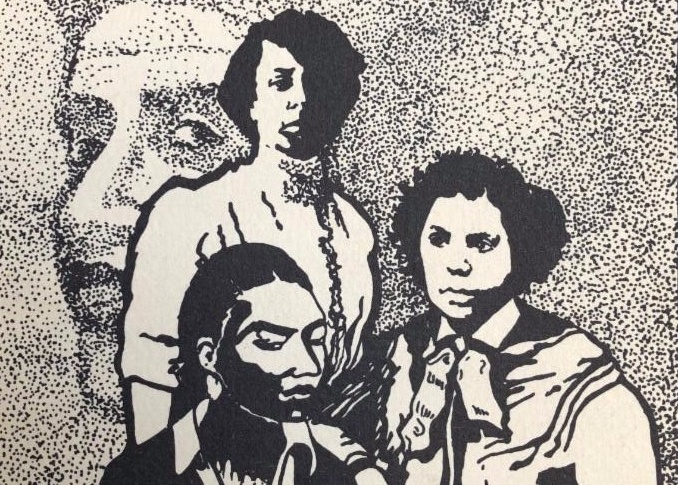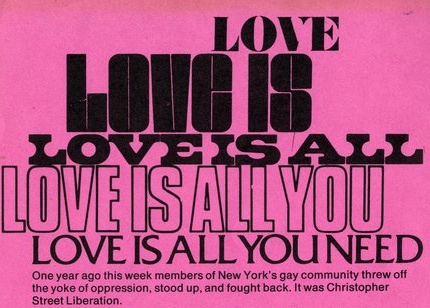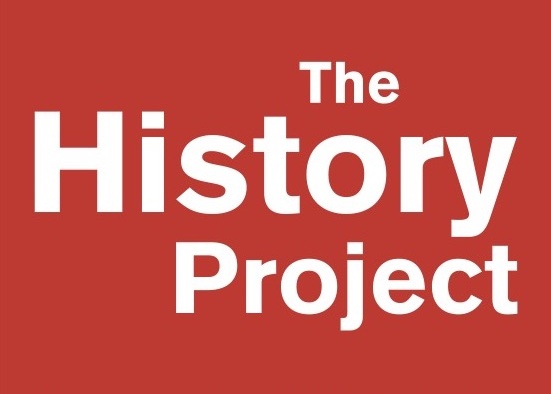Sort by:
The History Project Supports the Right to Abortion and Reproductive Freedom
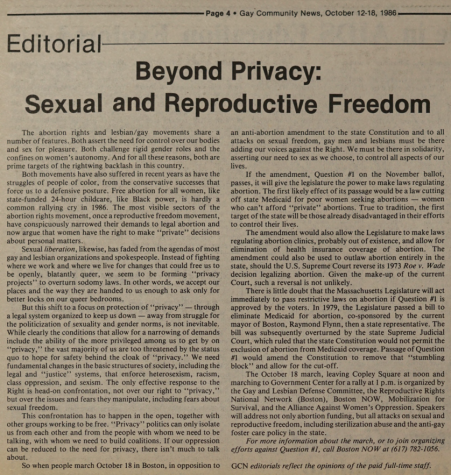
BOSTON, MA (June 28, 2022) Roe v. Wade was overturned on June 24, 2022. Because of the ROE Act, in Massachusetts, abortion is legally protected regardless of residency, age, income, legal status, or insurance. Also on June 24, 2022, Governor Baker signed an Executive Order to Protect Access to Reproductive Health Care Services. Under the order, Massachusetts “will not cooperate with extradition requests from other states pursuing criminal charges against individuals who received, assisted with, or performed reproductive health services.”
In Massachusetts, prior to Roe v. Wade, abortion was only permitted if the parent’s health was in jeopardy. When abortion became legal nationwide in 1973, Massachusetts’ first legal abortion clinic opened in Brighton.
In 1986, in an attempt to limit abortion access, Massachusetts voters were asked to add language to the Massachusetts Constitution to allow the Massachusetts General Court to regulate or prohibit abortion. This ballot question was defeated with 58.17% of the vote.
Ahead of that election, Gay Community News staff released an editorial titled “Beyond Privacy: Sexual and Reproductive Freedom.” They argued:
The abortion rights and lesbian/gay movements share a number of features. Both assert the need for control over our bodies and sex for pleasure. Both challenge rigid gender roles and the confines on women’s autonomy. And for all these reasons, both are prime targets of the rightwing backlash in this country.
The editorial goes on to describe how the reproductive freedom movement, like the gay liberation movement, narrowed demands over time, from seeking equality and autonomy to arguing that all should “have the right to make ‘private’ decisions about personal matters.” Those personal matters have all been protected by the Fourteenth Amendment:
- The right to safe and legal abortion (Roe v. Wade)
- The right to buy and use contraceptives without government restriction (Griswold v. Connecticut)
- The right to sex between consenting persons (Lawrence v. Texas)
- The right to marry, both same-sex marriage and interracial marriage (Obergefell v. Hodges, Loving v. Virginia).
In his concurring opinion, Justice Clarence Thomas suggested that rights protected by the Fourteenth Amendment decided by Griswold v. Connecticut, Lawrence v. Texas, and Obergefell v. Hodges should be reexamined.
Back in 1986, the Gay Community News called for fundamental change, transparency, and coalition-building:
We need fundamental changes in the basic structures of society, including the legal and ‘justice’ systems, that enforce heterosexism, racism, class oppression, and sexism. The only effective response to the Right is head-on confrontation, not over our right to ‘privacy’ but over the issues and fears they manipulate, including fears about sexual freedom. This confrontation has to happen in the open, together with other groups working to be free. ‘Privacy’ politics can only isolate us from each other and from the people with whom we need to be talking, with whom we need to build coalitions. If our oppression can be reduced to the need for privacy, there isn’t much to talk about.
In that spirit, we signal boost these Massachusetts organizations and coalitions fighting for reproductive freedom for women and pregnant people:
- ACLU of Massachusetts
- Beyond ROE Coalition
- The Abortion Rights Fund of Western Massachusetts
- The Eastern Massachusetts Abortion Fund
- The Jane Fund
- Mass NOW: Massachusetts Branch of the National Organization for Women
- Planned Parenthood League of Massachusetts
- Reproductive Equity Now
- Tides for Reproductive Freedom
The ACLU has also compiled a national list of Reproductive Freedom Sites.
The fight for equality affects us all. As a queer organization documenting the fight for equality for all LGBTQ+ people, it is our duty to fight for the right to abortion, contraception, and reproductive freedom.
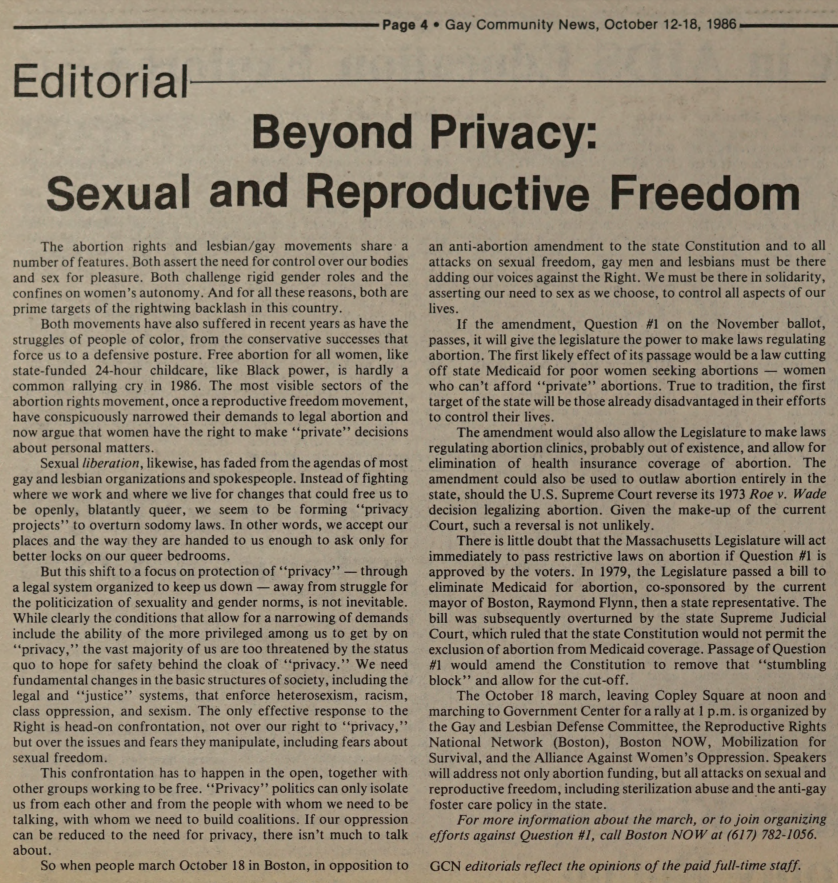
Full Text of “Beyond Privacy: Sexual and Reproductive Freedom,” Gay Community News, October 12-18, 1986, 4.
The abortion rights and lesbian/gay movements share a number of features. Both assert the need for control over our bodies and sex for pleasure. Both challenge rigid gender roles and the confines on women's autonomy. And for all these reasons, both are prime targets of the rightwing backlash in this country.
Both movements have also suffered in recent years as have the struggles of people of color, from the conservative successes that force us to a defensive posture. Free abortion for all women, like state-funded 24-hour childcare, like Black power, is hardly a common rallying cry in 1986. The most visible sectors of the abortion rights movement, once a reproductive freedom movement, have conspicuously narrowed their demands to legal abortion and now argue that women have the right to make "private" decisions about personal matters.
Sexual liberation, likewise, has faded from the agendas of most gay and lesbian organizations and spokespeople. Instead of fighting where we work and where we live for changes that could free us to be openly, blatantly queer, we seem to be forming "privacy projects" to overturn sodomy laws. In other words, we accept our places and the way they are handed to us enough to ask only for better locks on our queer bedrooms.
But this shift to a focus on protection of "privacy" - through a legal system organized to keep us down - away from struggle for the politicization of sexuality and gender norms, is not inevitable. While clearly the conditions that allow for a narrowing of demands include the ability of the more privileged among us to get by on "privacy," the vast majority of us are too threatened by the status quo to hope for safety behind the cloak of "privacy." We need fundamental changes in the basic structures of society, including the legal and "justice" systems, that enforce heterosexism, racism, class oppression, and sexism. The only effective response to the Right is head-on confrontation, not over our right to "privacy," but over the issues and fears they manipulate, including fears about sexual freedom.
This confrontation has to happen in the open, together with other groups working to be free. "Privacy" politics can only isolate us from each other and from the people with whom we need to be talking, with whom we need to build coalitions. If our oppression can be reduced to the need for privacy, there isn't much to talk about.
So when people march October 18 in Boston, in opposition to an anti-abortion amendment to the state Constitution and to all attacks on sexual freedom, gay men and lesbians must be there adding our voices against the Right. We must be there in solidarity, asserting our need to sex as we choose, to control all aspects of our lives.
If the amendment, Question #1 on the November ballot, passes, it will give the legislature the power to make laws regulating abortion. The first likely effect of its passage would be a law cutting off state Medicaid for poor women seeking abortions - women who can't afford "private" abortions. True to tradition, the first target of the state will be those already disadvantaged in their efforts to control their lives.
The amendment would also allow the Legislature to make laws regulating abortion clinics, probably out of existence, and allow for elimination of health insurance coverage of abortion. The amendment could also be used to outlaw abortion entirely in the state, should the U.S. Supreme Court reverse its 1973 Roe v. Wade decision legalizing abortion. Given the make-up of the current Court, such a reversal is not unlikely.
There is little doubt that the Massachusetts Legislature will act immediately to pass restrictive laws on abortion if Question #1 is approved by the voters. In 1979, the Legislature passed a bill to eliminate Medicaid for abortion, co-sponsored by the current mayor of Boston, Raymond Flynn, then a state representative. The bill was subsequently overturned by the state Supreme Judicial Court, which ruled that the state Constitution would not permit the exclusion of abortion from Medicaid coverage. Passage of Question #1 would amend the Constitution to remove that "stumbling block" and allow for the cut-off.
The October 18 march, leaving Copley Square at noon and marching to Government Center for a rally at 1 p.m. is organized by the Gay and Lesbian Defense Committee, the Reproductive Rights National Network (Boston), Boston NOW, Mobilization for Survival, and the Alliance Against Women's Oppression. Speakers will address not only abortion funding, but all attacks on sexual and reproductive freedom, including sterilization abuse and the anti-gay foster care policy in the state.
For more information about the march, or to join organizing efforts against Question #1, call Boston NOW at (617) 782-1056
GCN editorials reflect the opinions of the paid full-time staff.
Top Related Stories
Bulletin: Barbara Henry and a Black Lesbians Bibliography (February 2020)
This month's Bulletin looks at a book we have in our archives, Black Lesbians: An Annotated [...]
This month's Bulletin looks at a book we have in our archives, Black Lesbians: An Annotated [...]
A Statement on Boston Pride, July 13, 2021
BOSTON, MA (JULY 13, 2021) On July 9, 2021, Boston Pride’s Board of Directors released a [...]
BOSTON, MA (JULY 13, 2021) On July 9, 2021, Boston Pride’s Board of Directors released a [...]
History Project Receives Staffing the Humanities Grant from Mass Humanities
BOSTON, MA (JULY 22, 2022) The History Project (THP), Boston's LGBTQ+ community archives, was recently named [...]
BOSTON, MA (JULY 22, 2022) The History Project (THP), Boston's LGBTQ+ community archives, was recently named [...]
